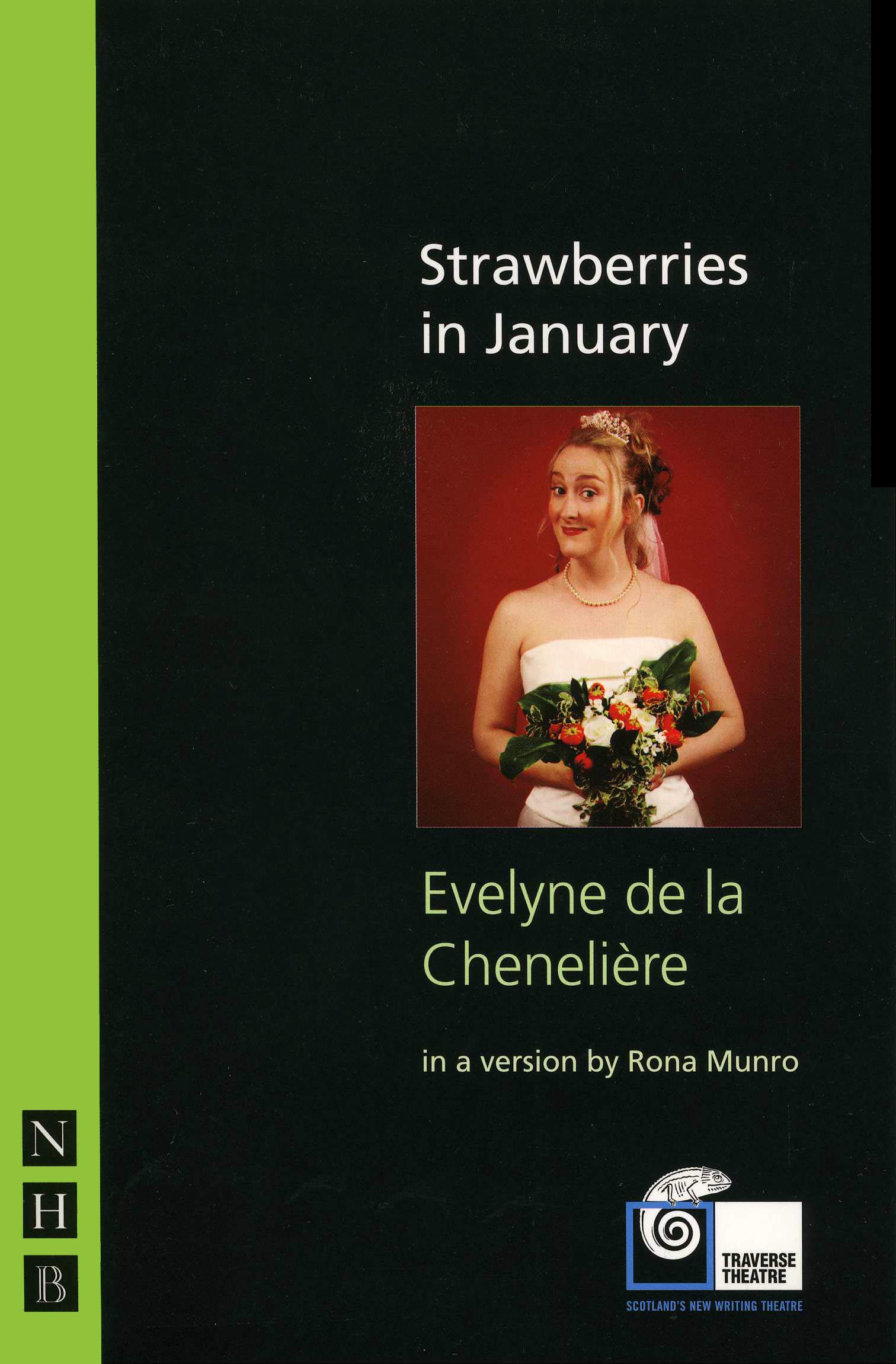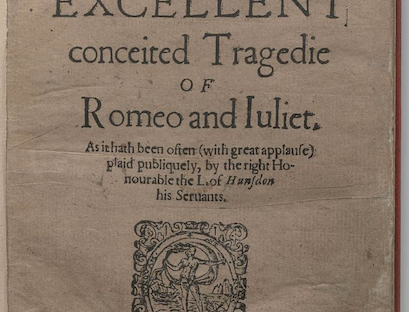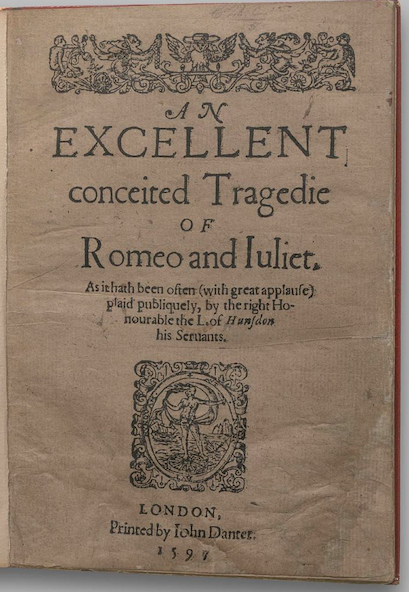Hello everyone and welcome back to Monologue Monday at Unknown Playwrights. This week we bring you monologues from the romantic comedy play Strawberries in January by Quebecois playwright Evelyne de la Chenelière. The English version was translated by Rona Munro.

I’ll be honest, I have neither seen nor read this play. However, summaries abound online. This summary is:
“Francois and Sophie love each other but break up just before their wedding. Francois’ friend, Robert, happens to stay at Lea’s b&b, where they have a one-night stand. Lea has a baby and comes to Montreal in search of her childhood friend, Sophie. Meanwhile, Francois has introduced Robert to Sophie without telling him that she is his ex…Just as things are getting really complicated, Lea arrives, Robert declares his love for her, and Francois and Sophie realise they were made for each other after all…”Strawberries in January” is a delicate, double love story like they don’t make them anymore. It has the bittersweet atmosphere of a French film, and like a film the story is told in a series of intriguingly interconnected flashbacks. The effect is of mirrors within mirrors – totally beguiling.”
One thing reviews keep mentioning is how “frothy” or “bubbly” the romance is. Also, the cinematic nature of the play is emphasized.

I couldn’t find a free copy of the monologue online. Here is where you can order it from Drama Online.
Here’s Sophie talking about how short life is and asking her boyfriend to marry her.
A
B
C
D
E
F
G
H
I. Pay close attention to this one. The actress gives a pretty aware analysis of the monologue:
For an extra bonus, here’s a scene in the original French:
Finally, here’s an interview with a director of a Saskatoon production:
Thanks for reading and join us next week for another Monologue Monday!



